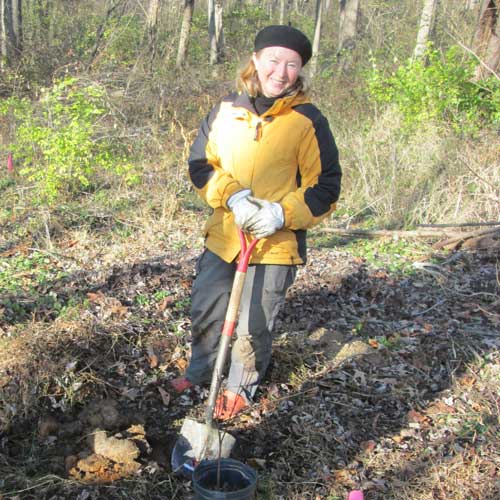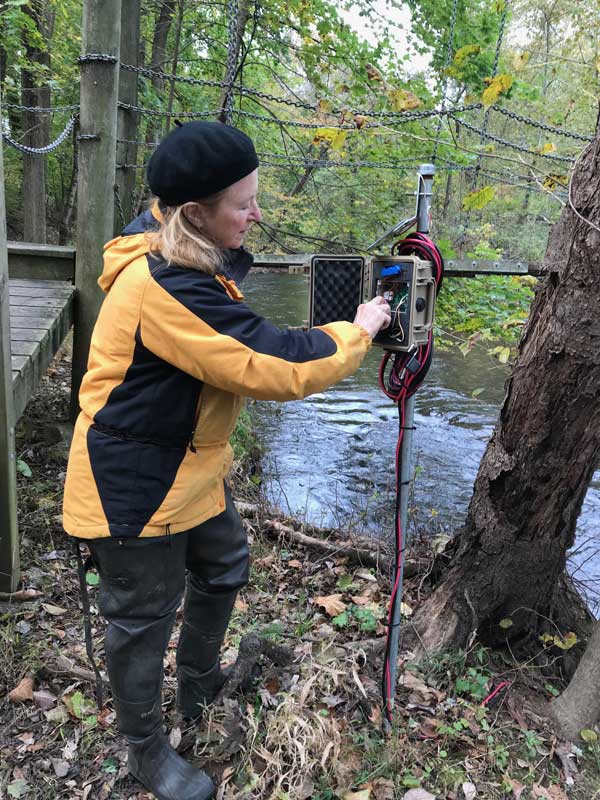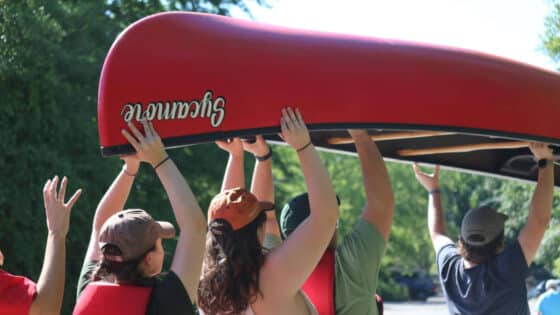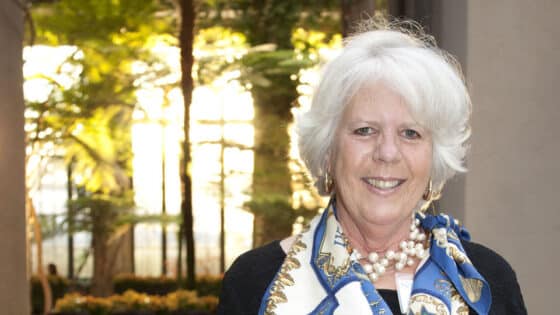The Stroud Center’s Impact: Empowering Volunteers to Enhance Freshwater Science and Protect Their Local Water Resources

By Carol Armstrong, Ph.D.
My work with Stroud Water Research Center has been a beautiful mosaic of growthful experiences. Most recently, I was privileged to read a forthcoming paper by Stroud Center scientists on how the capacity of community scientists (sometimes called citizen scientists) can be expanded to assist freshwater science. The Stroud Center’s priorities for freshwater research have been critical in many subfields, such as watershed restoration, microbiology, education, ecology, and geomorphology applied to aquatic species, ecosystems, and water chemistry.
Fortunately for the volunteers in Pennsylvania, the Stroud Center’s research has also guided the development of standards for community scientists who engage in water quality monitoring and data collection. Another recent example of my personal engagement is via Community Science Facilitator David Bressler’s support of a local policy and practice workgroup that began with the big questions of how to use stream monitoring data to engage and work with local governments. Here, we are developing informational material for open access, and we benefit from the reviews of the Stroud Center as well as their partners.

David Bressler, Shannon Hicks, Scott Ensign, Sara Damiano, and Christa Reeves, the water quality program coordinator for the Musconetcong Watershed Association, meet weekly for a community science discussion of new and innovative projects, as well as to troubleshoot and solve technical problems with the in-stream EnviroDIY Monitoring Stations maintained by community scientists. As a member of this meeting, I have observed their commitment to increasing the capacities of community scientists through their provision of workshops, field service, technical guidance, data analysis tools, and documents and videos they have archived on the Delaware River Watershed Initiative webpage on WikiWatershed.org, as well as through their help with interpreting and presenting data. They have fostered my specific interests by reviewing my ideas, helping me maintain monitoring stations, providing research papers, and listening to my presentations.
For those who are seeking to be the most effective community science volunteers they can be, the Stroud Center’s assistance and training is among the most effective in the region, and probably the broadest of such organizations in its breadth and depth of freshwater science that is made available to community science.
On a personal level, these always evolving opportunities for learning and interaction with top-notch scientists and publishing researchers have fulfilled my needs as I transitioned from a 38-year career in academic medicine cognitive neuroscience research to a volunteer career in watershed restoration. The Stroud Center’s work is so aspirational and focused on informing how we treat our sacred waters that it became the inspirational home that I wanted to work within as a volunteer. Their institutional culture is inspiring too, as they work together in a very integrated and intense way to cross-fertilize each other’s work with few constraining hierarchical boundaries that impede progress.
The Stroud Center is a gem of Pennsylvania; its intellectual and technical products extend nationally and globally. Its impact on my thinking is profound. It helped me to understand and present to the public and at scientific meetings the ecological implications of the data coming from our streams. They are a model of research and practice commitments to our watersheds and to the betterment of the local community of scientists and community scientists.
Carol Armstrong, Ph.D., is a retired cognitive neuroscientist, a Penn State Master Watershed Steward, a volunteer community scientist, and chair of the Charlestown Township Environmental Advisory Committee in Chester County, Pennsylvania.



